-
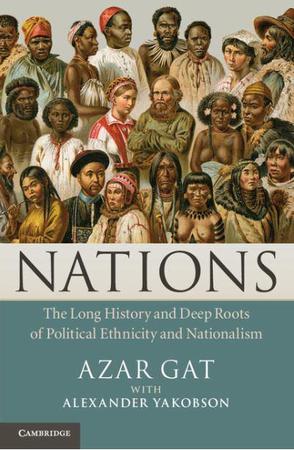
Nations
-
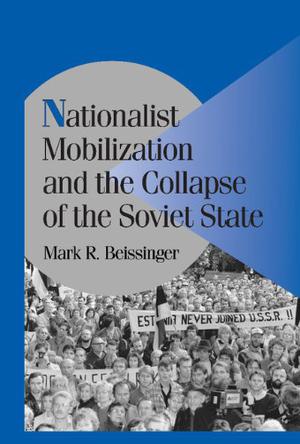
Nationalist Mobilization and the Collapse of the Soviet State
This 2002 study examines the process by which the seemingly impossible in 1987 - the disintegration of the Soviet state - became the seemingly inevitable by 1991, providing an original interpretation not only of the Soviet collapse, but also of the phenomenon of nationalism more generally. Probing the role of nationalist action as both cause and effect, Beissinger utilizes data and case studies from across the USSR during its final years to elicit the shifting relationship between pre-existing structural conditions, institutional constraints, and event-generated influences in the nationalist explosions that brought about the collapse of the Soviet Union. As Beissinger demonstrates, the 'tidal' context of nationalism - i.e., the transnational influence of one nationalism upon another - is critical to an explanation of the success and failure of particular nationalisms, why some nationalisms turn violent, and how a crescendo of events can overwhelm states, periodically evoking large-scale structural change in the character of the state system. -
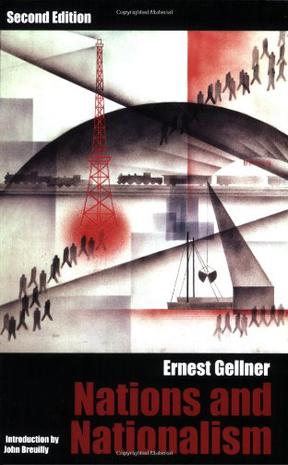
Nations and Nationalism, Second Edition
This updated edition of Ernest Gellner's classic exploration of the roots of nationalism includes an extended introduction from John Breuilly, tracing the way the field has changed over the past two decades. * As pertinent today as it was when it was first published in 1983. * Argues that nationalism is a product of industrialization. * The new edition includes references to important work on nationalism published since 1983. Second Edition not available in the USA. -
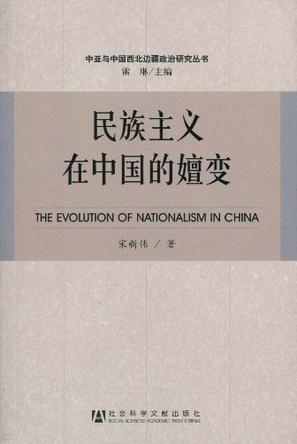
民族主义在中国的嬗变
《民族主义在中国的嬗变》突出了国家层面的民族主义在历史发展中的作用。民族主义的工具性作用决定了它可以被不同的主体所利用。其依附性决定了它必须与某种政治或社会力量相结合,表现为社会运动或历史过程,通过其所依附的对象并通过自身体现他者的性质和作用。在正确思想的导引和正当主体的运用下民族主义亦能成为社会进步的力量。 -
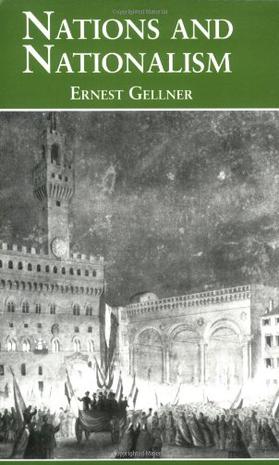
Nations and Nationalism
Nationalism is one of the most powerful forces in the modern world, yet it is surprisingly little studied and only imperfectly understood, either by its adherents or its opponents. Its irruption into the modern world is often explained as a resurgence of primitive, atavistic instincts, or as a delusion fostered by a few theoreticians, politicians or propagandists. The present volume interprets nationalism in terms of its social roots, which it locates in industrial social organization. A society that aims for affluence and economic growth, Professor Gellner argues, depends on innovation, occupational mobility, mass media, universal literacy, and education in a shared, standard idiom. Taken together these transform the relationship between culture and the state. The functioning of the society depends on an all-embracing educational system, tied to one culture and protected by a state identified with that culture. The principle one state, one culture makes itself felt, and political units which do not conform to it feel the strain in the form of nationalist activity. -

我们的现代性
《从西天到中土•印度当代新思潮读本•我们的现代性:帕沙•查特吉读本》收录了查特吉的五篇文章,“流行文化批判”、“我们的现代性”、“社群在东方”等;经由这些文章,可以了解查特吉所擅长的关于下列问题的批评、思考:流行文化在塑造大众对文化乃至社会、政治事件的认知方面的影响,现代社会的公共生活,以及亚洲各国内部不同社会阶层、群体的自我认知及其交往。